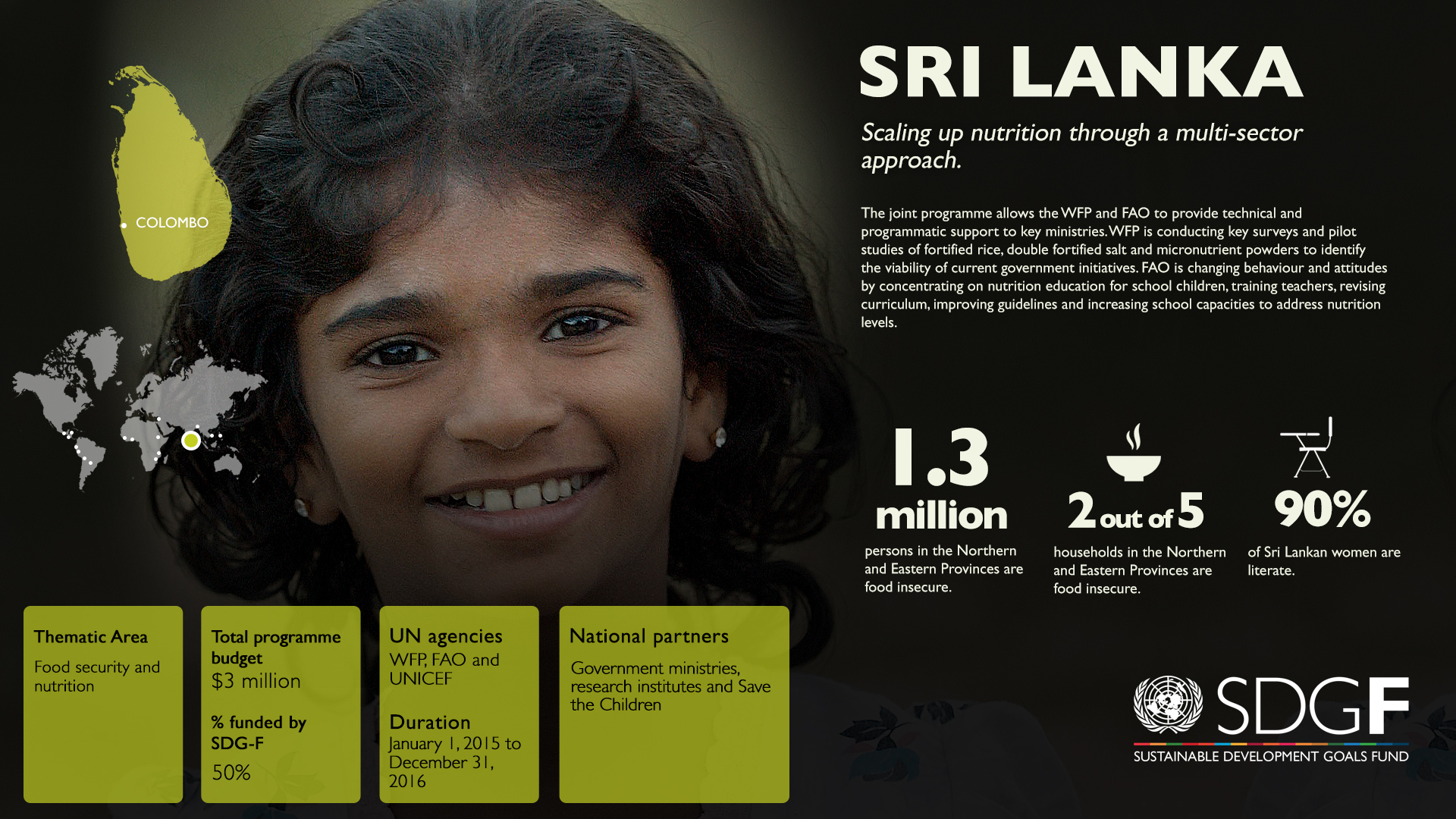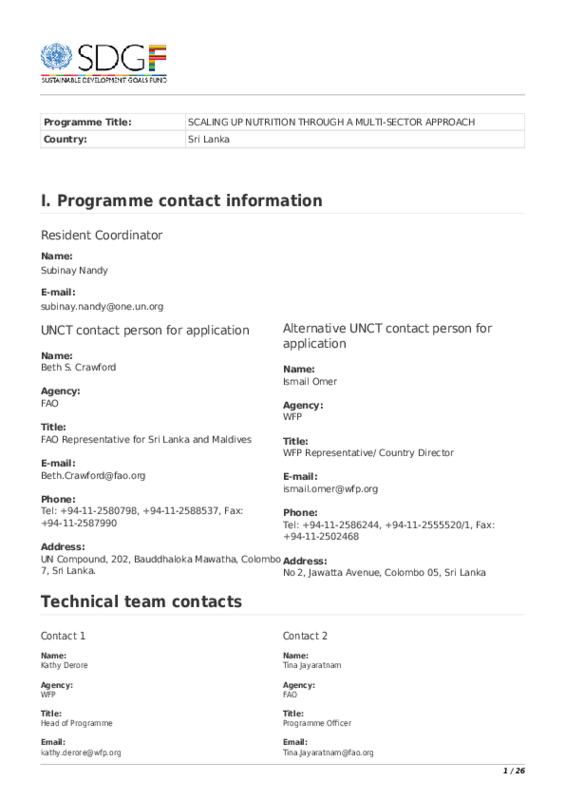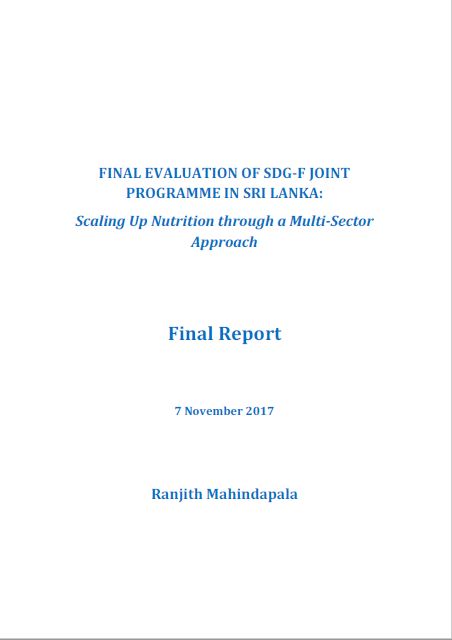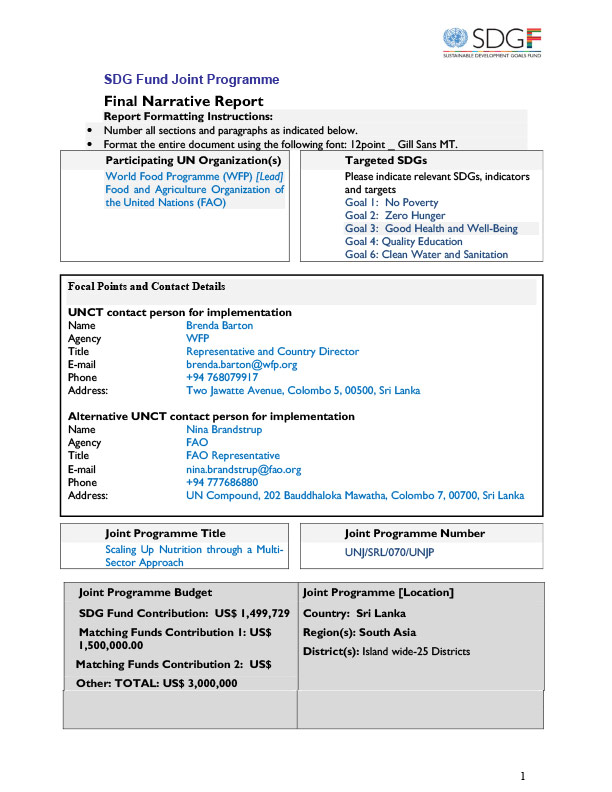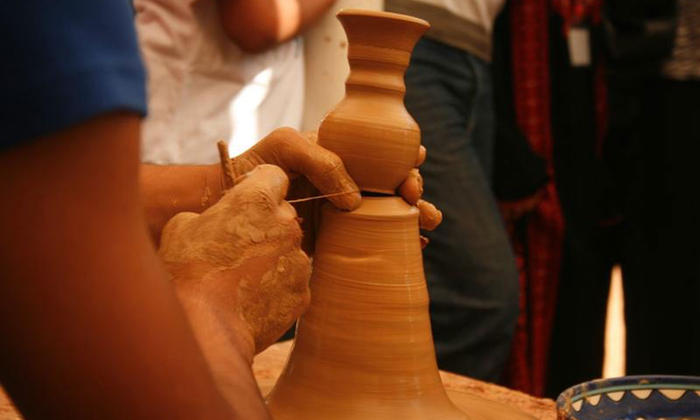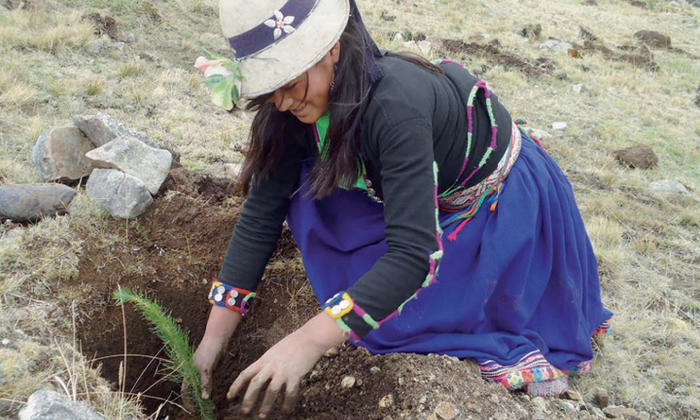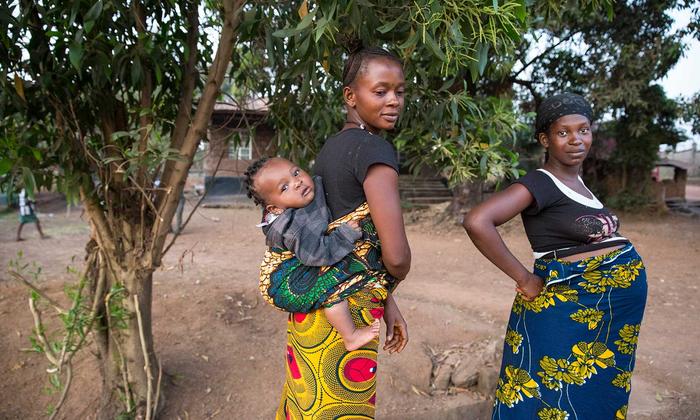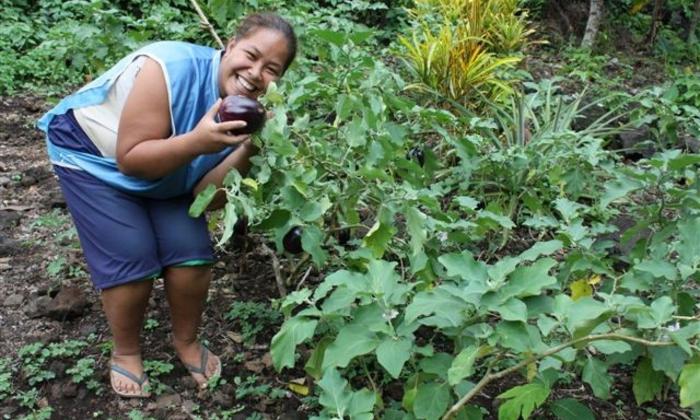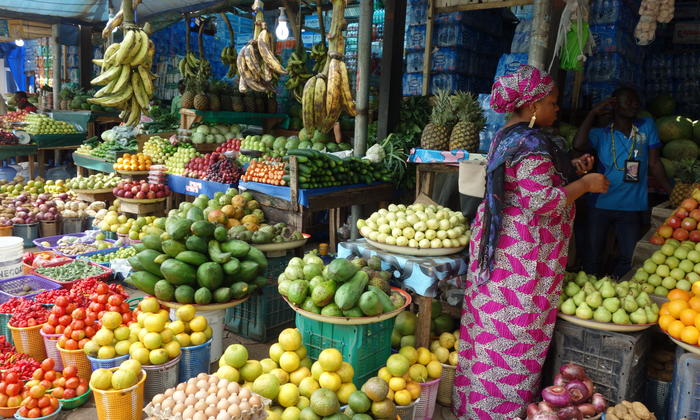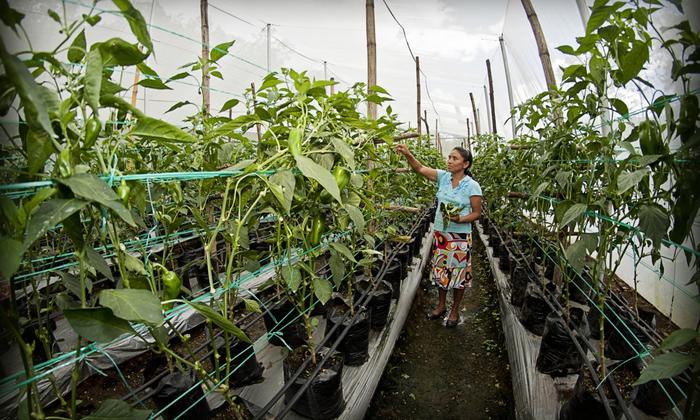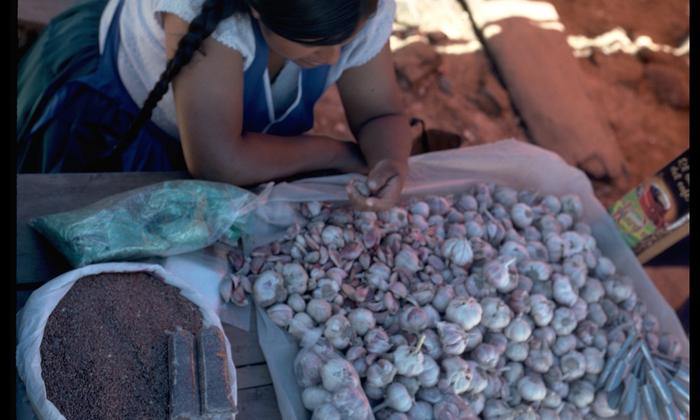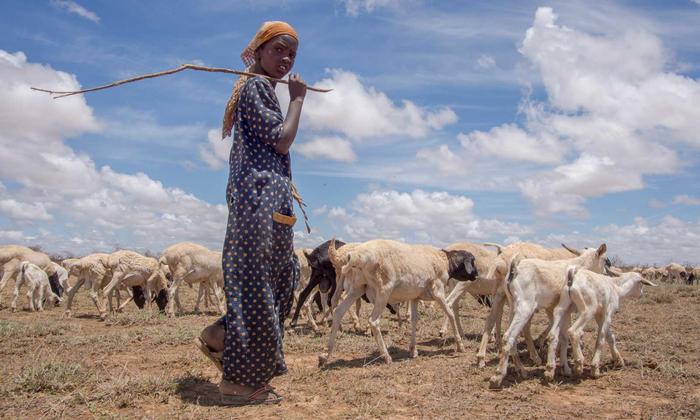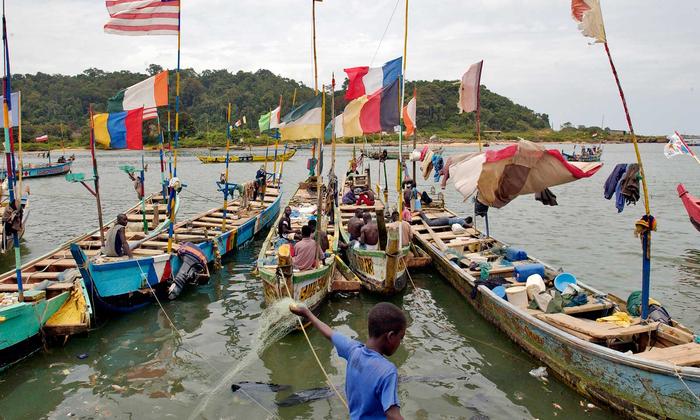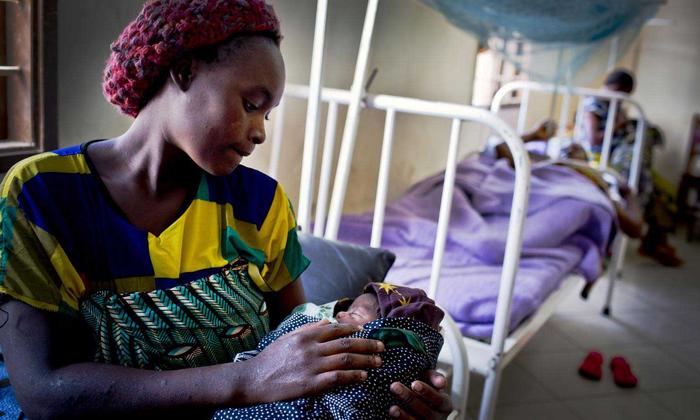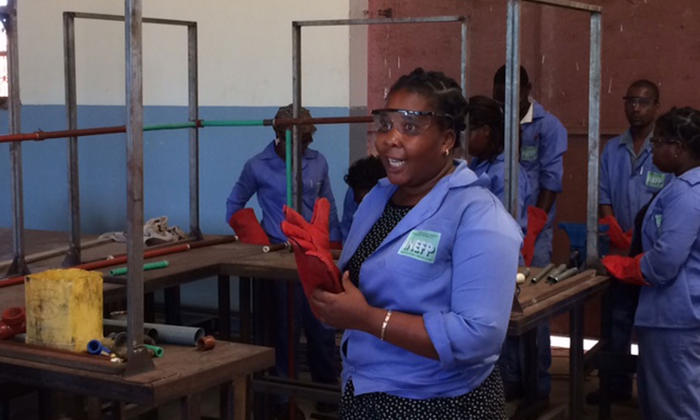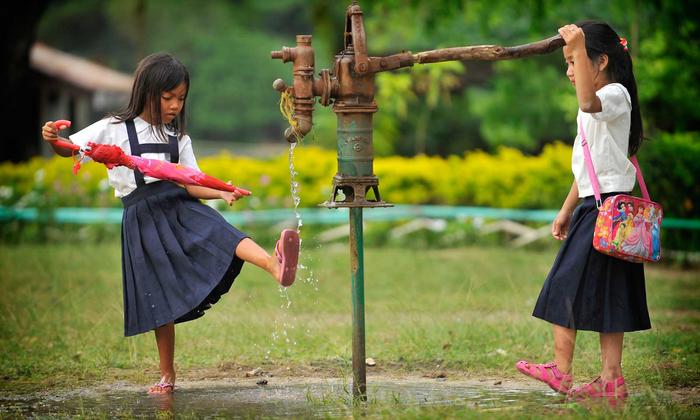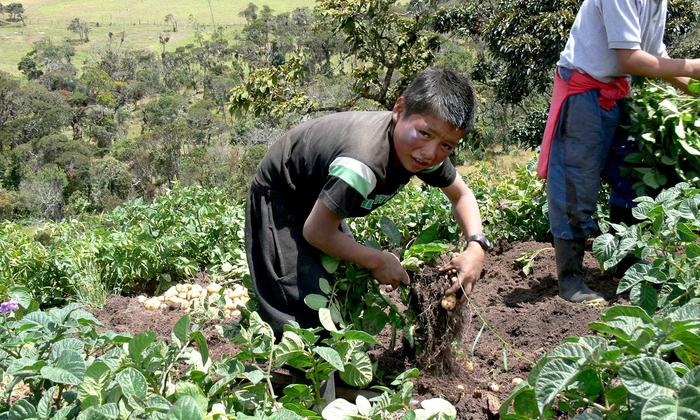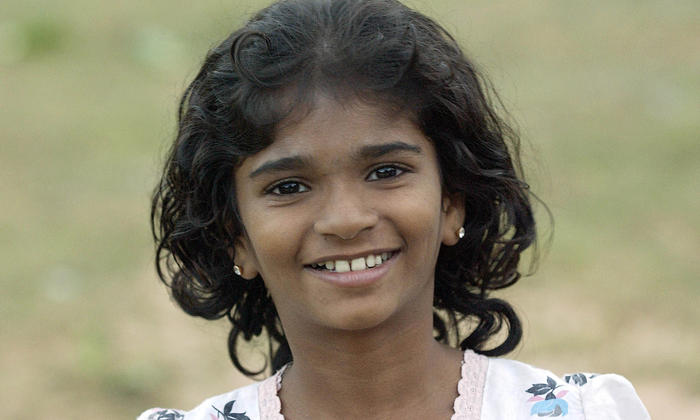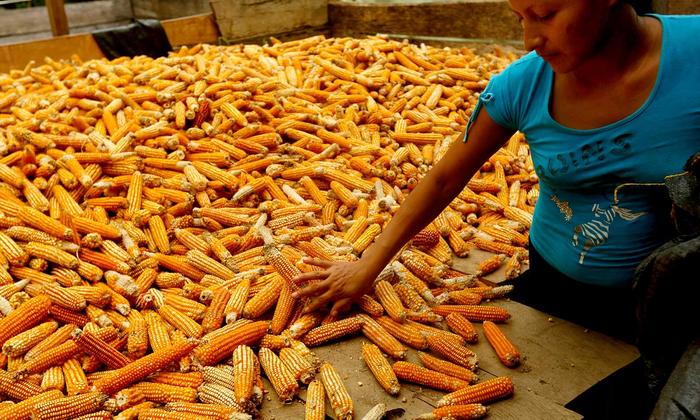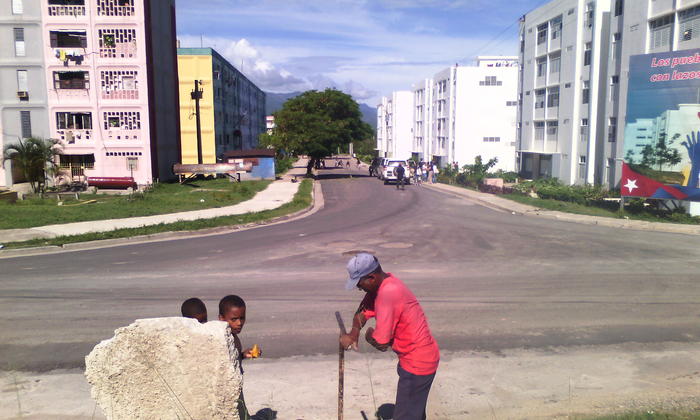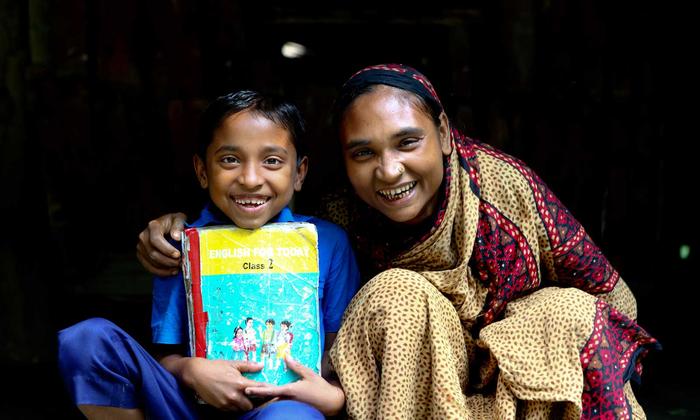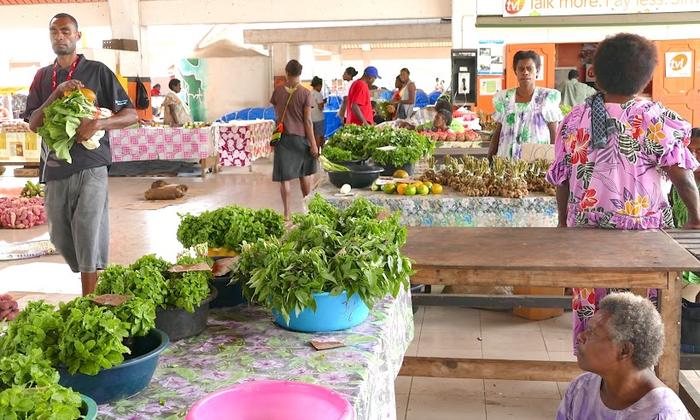Food security in Sri Lanka
While Sri Lanka made impressive progress between the 1970s and 2000s, there have been high levels of under-nutrition in the past decade. The most recent comprehensive assessment in 2012 found that 1.3 million persons in the Northern and Eastern Provinces were still food insecure—2 out of 5 households. The worst-affected are socially vulnerable groups: female-headed households, the disabled, recent returnees and populations located in disadvantaged areas.
The programme
The joint programme allows the WFP and FAO to provide technical and programmatic support to key ministries. WFP is conducting key surveys and pilot studies of fortified rice, double fortified salt and micronutrient powders to identify the viability of current government initiatives. FAO is changing behaviour and attitudes by concentrating on nutrition education for school children, training teachers, revising curriculum, improving guidelines and increasing school capacities to address nutrition levels.
The approach
The beneficiaries of the programme are children under 5, pre-school aged children, school children between the ages of 6 and 14, pregnant and lactating women, teachers, school communities, educators, civil society stakeholders and the private sector next to all participating line ministries at national, provincial and district level.
While enabling attitudinal changes, the programme assists the government to take well-informed decisions on targeting the appropriate recipients and in promoting the right combination of micronutrient rich foods.
The initiatives will engage school communities in discussion to facilitate ownership of nutrition issues. Also, cooperation with civil society will be critical for the success of the programme.
The programme is being rolled out in 2 phases. Initially10 districts are being prioritized based on their ranking for the following nutritional indicators: wasting, stunting, underweight and anemia.
Quick facts
Total programme budget: $3 million
% funded by SDG-F: 50%
UN agencies: WFP, FAO and UNICEF
National partners: Government ministries, research institutes and Save the Children
Duration: December 12, 2014 to September 30, 2017

